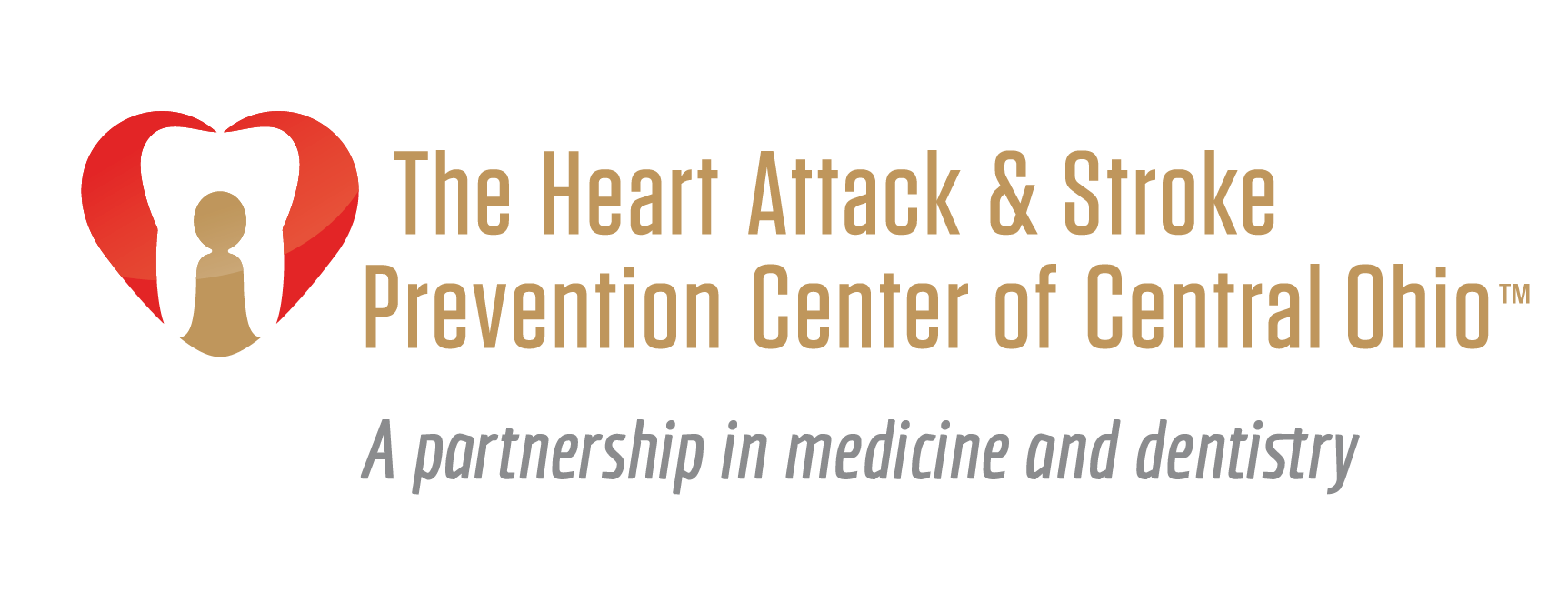Who should be thinking about a preventative approach to cardiovascular disease?
- Eric Goulder, MD, FACC

- May 7, 2021
- 4 min read
Heart disease is the leading cause of death in the United States. How do you know if you’re at risk and who should be thinking about a preventative approach to cardiovascular disease? Heart disease and a healthy lifestyle are not always mutually exclusive. Even if you exercise, eat well, and maintain a healthy weight, you could still have asymptomatic disease. The current healthcare system in our country aims to treat the sick and provide drugs and surgery as remedies. This type of care continues to allow for 655,000 people to die of cardiovascular disease annually, providing only bandages, while never addressing the root cause of the disease. The nation is ready for a better heart disease treatment method.
We now have scientific proof that heart attacks and strokes are optional and preventable through targeted care. Traditionally, heart attacks and strokes are narrowly defined as microvascular disease. However, more recent data shows that these diseases are a more significant contributor than previously thought to a host of other chronic illnesses. The impact of this affects 190 million individuals in the United States alone.
1. Anyone Who Has Already Had A Heart Attack, Stent, Or Bypass Surgery
Anyone who has already had a heart attack, stent, or bypass surgery is certainly at risk of having another event and would benefit from a proactive heart attack prevention plan. Cardiovascular disease is not cured by getting a stent or bypass. The bypass only bypasses the blockage, it does not mean you won’t develop more blockages. Most patients who have already had a stent or bypass, have multiple other areas of milder disease, and that milder disease is the type that can progress into another cardiac event.
2. Anyone With A Genetic Predisposition To Atherosclerosis
Anyone with a genetic predisposition to atherosclerosis is at risk of a cardiac event and would prosper from genetic testing and preventative care. Atherosclerosis is a disease of the arteries characterized by the buildup of plaques of fatty material on their inner walls. These plaques can cause a narrowing of the arteries, which blocks blood flow. If you have a family history of premature coronary disease, it is advisable to visit the Heart Attack and Stroke Prevention Center of Central Ohio.
3. Anyone Who Has Had A Stroke Or A Mini Stroke
Anyone who has had a stroke or a mini stroke is certainly a good candidate for stroke prevention. These types of events are not always singular. A stroke or mini stroke leaves you at significantly higher risk for a larger event to come.
4. Anyone With These Red Flags
These factors do not cause arterial disease, but point us to people who are at increased risk. Anyone with these red flags should be considered as someone with an increased risk for heart disease; however, this list is not comprehensive.
Transverse Earlobe Creases
Baldness
Thyroid issues
Elevated resting heart rate
Atrial fibrillation exam or history
Gout
Gall Stones
Blood type B or AB
Autoimmune Diseases
Asthma
Migraine headaches
HIV / AIDS
Hodgkin's Disease
Erectile Dysfunction
Kidney Stones
5. Anyone who is interested in a preventative and proactive approach to lifelong health and wellness.
The current standard of care in our country often waits until someone has a heart attack or stroke to determine that they are at risk. The carotid duplex scan, usually performed at a hospital or mobile scanning service, looks at the blood flow through the artery. However, this arterial blood flow doesn’t start to drop off until the blockage is over 70%. A stress test also measures the same amount of blockage, only over 70%. Do you want to wait that long, when you can know today if you have even a small blockage that can be reversed?
We Can Help
While there are established medical specialties designated for most of the bodily systems, there is no specialist dedicated to the great expanse of our arteries. With these pathways measuring over 30,000 miles, carrying blood to all the vital areas of the body, it stands to reason that any methods to prevent inflammation and disease would be optimal within this network. Yet most specialists only start their work once a problem has substantially developed within any of the major organs.
The current “wait and see” approach is a system-wide problem and there is a solution. The BaleDoneen Method, focused on the specialty of arteriology, is the cure for arterial disease. It is a science-based methodology that is medically proven and accepted to both prevent heart attacks and strokes and reverse the arterial disease that causes them. Cardiovascular disease is the leading killer of Americans. This method is based on the fact that inflammation is the common pathway that drives the arterial disease process. There are dozens of root causes of inflammation, as outlined by The BaleDoneen Method.
A Carotid Intima-Media Thickness Test (CIMT) offered at The Heart Attack and Stroke Prevention Center of Central Ohio is a non-invasive ultrasound examination that looks for disease in the arteries. The CIMT is the most targeted preventative health testing available that allows us to detect any early asymptomatic inflammation and plaque buildup. This procedure allows for a personalized approach to your care.
With the advanced health testing now available, there is no reason not to obtain a clear picture of your cardiac health. We know dealing with health issues can be scary and overwhelming. That’s why we do everything we can to make sure you feel comfortable and at home every time you come into our office. We are dedicated to helping our patients identify, stop, and reverse cardiovascular disease through personalized care. Schedule an appointment with us today to get started, it could save your life!




Comments